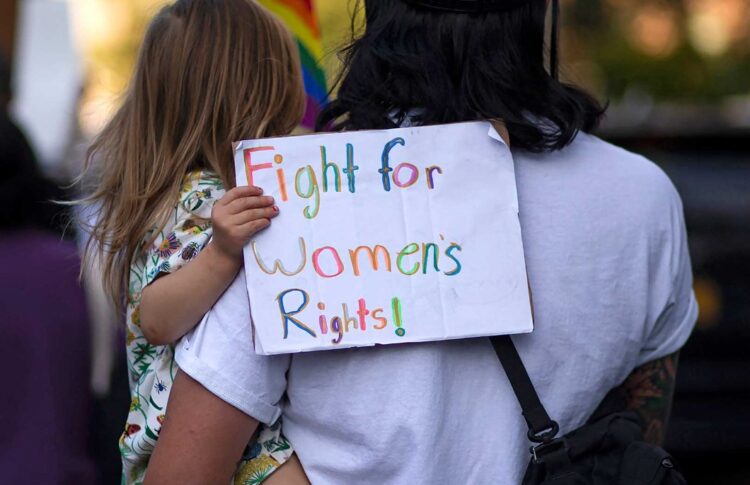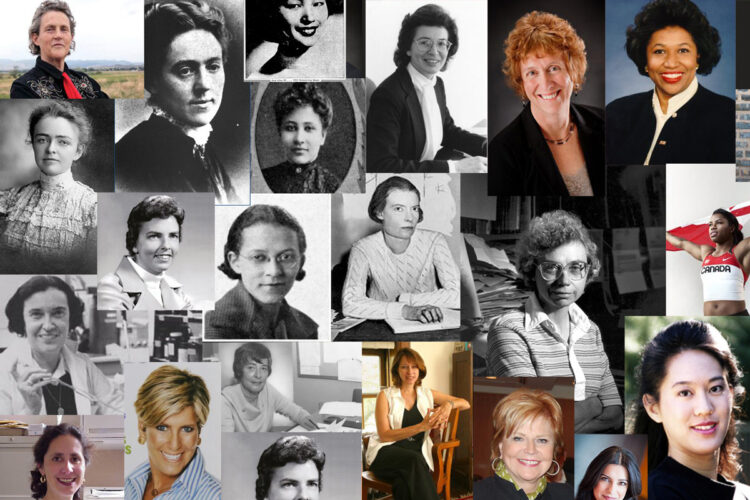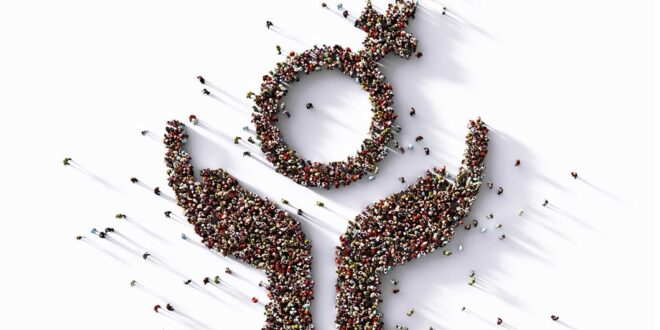March 8th is a day dedicated to celebrating the social, economic, cultural, and political achievements of women worldwide. International Women’s Day serves as a reminder of the progress made toward gender equality and the ongoing efforts needed to empower women in all aspects of life.
As we commemorate this significant day, let’s delve into its origins, explore the strides made in women’s rights, and highlight the remarkable contributions of women across the globe.
Women’s Day Flowers ─ Celebrating with Meaningful Gestures

The Tradition of Giving Flowers on International Women’s Day
Giving Women’s Day Flowers is a time-honored tradition that symbolizes appreciation, respect, and admiration for the women in our lives. Whether it’s a bouquet of roses, tulips, or daisies, flowers convey heartfelt sentiments and bring joy to recipients.
Symbolism of Different Flowers
Each type of flower carries its own symbolism and meaning, making it perfect for conveying specific emotions and messages. For example, roses symbolize love and admiration, while tulips represent beauty and elegance.
Choosing the Perfect Bouquet
When selecting flowers for International Women’s Day, consider the recipient’s preferences, personality, and the message you want to convey. Whether it’s a vibrant arrangement of mixed blooms or a simple bouquet of her favorite flowers, choose thoughtfully to make the gesture meaningful.
Women-Owned Florist Businesses
Supporting women-owned businesses, including florists, is a meaningful way to celebrate International Women’s Day. By patronizing female entrepreneurs and artisans, you contribute to their economic empowerment and help create a more equitable society.
The Origins of International Women’s Day
The Early Beginnings
International Women’s Day traces its roots back to the early 20th century when women began organizing and advocating for their rights. In 1908, 15,000 women marched through New York City demanding shorter working hours, better pay, and voting rights.
Evolution into a Global Movement
Inspired by these protests, the first National Woman’s Day was observed in the United States on February 28, 1909. The idea soon gained momentum internationally, with Clara Zetkin proposing the establishment of International Women’s Day at the International Conference of Working Women in 1910.
Significance of the Date
March 8th was chosen as the official date for International Women’s Day to commemorate a strike by Russian women textile workers in Petrograd (now Saint Petersburg) on March 8, 1917. This strike played a pivotal role in sparking the Russian Revolution and eventually led to women in Russia gaining suffrage.
The Symbolism of Purple, Green, and White
These colors hold special significance in the history of the women’s suffrage movement. Purple symbolizes justice and dignity, green represents hope, and white signifies purity. Together, they serve as a reminder of the ongoing struggle for gender equality.
The Fight for Gender Equality

Breaking Barriers in Education and Employment
Over the years, women have made significant strides in accessing education and pursuing careers traditionally dominated by men. However, challenges such as gender bias, unequal pay, and limited opportunities persist, hindering women’s full participation in the workforce.
Closing the Gender Pay Gap
Despite advancements, women continue to face wage disparities compared to their male counterparts. Efforts to address the gender pay gap involve advocating for equal pay for equal work, implementing transparent salary policies, and promoting women’s leadership in decision-making positions.
Empowering Women in Leadership Roles
Increasing women’s representation in leadership positions is essential for achieving gender equality. Organizations and governments worldwide are implementing initiatives to break down barriers to women’s leadership, including mentorship programs, leadership training, and quotas for female representation on corporate boards and in government.
Advocating for Reproductive Rights
Access to reproductive healthcare and family planning services is fundamental to women’s autonomy and well-being. Advocacy efforts focus on ensuring women’s right to make informed decisions about their bodies, including access to contraception, abortion services, and maternal healthcare.
Combatting Gender-Based Violence
Gender-based violence remains a pervasive issue affecting women and girls globally. Efforts to address this issue involve raising awareness, providing support services for survivors, implementing legal reforms, and challenging societal norms that perpetuate violence against women.
Celebrating Women’s Achievements

Women Pioneers in Science and Technology
From Marie Curie to Ada Lovelace, women have made groundbreaking contributions to science, technology, engineering, and mathematics (STEM) fields. Despite facing barriers and discrimination, women continue to push boundaries and drive innovation in these male-dominated fields.
Recognizing Female Innovators and Inventors
Throughout history, women have been at the forefront of innovation, inventing life-changing products and technologies. From the dishwasher to the circular saw, women’s inventions have revolutionized industries and improved countless lives.
Women’s Contributions to the Arts and Culture
Women have played a vital role in shaping the arts and culture landscape, producing iconic works of literature, art, music, and film. Their creative talents and unique perspectives have enriched our cultural heritage and inspired generations of artists and audiences alike.
Trailblazers in Politics and Governance
Women leaders have broken barriers and shattered glass ceilings in politics and governance worldwide. From heads of state to grassroots activists, women have fought for political representation, advocated for social justice, and championed causes that benefit women and marginalized communities.
Sports Icons and Female Athletes
Women athletes have overcome discrimination and adversity to excel in sports at the highest levels. From Olympic champions to record-breaking athletes, women continue to challenge stereotypes, inspire future generations, and push the boundaries of what is possible in sports.
Empowering Women Around the World

Global Initiatives for Women’s Empowerment
Numerous organizations and initiatives are dedicated to advancing women’s rights and empowerment on a global scale. These efforts include providing access to education, healthcare, economic opportunities, and legal protections for women and girls in communities worldwide.
Access to Education and Healthcare
Education and healthcare are fundamental human rights that empower women and girls to lead healthy, fulfilling lives. Investments in girls’ education and healthcare services, including reproductive health and maternal care, are critical for breaking the cycle of poverty and advancing gender equality.
Economic Empowerment and Entrepreneurship
Entrepreneurship offers women opportunities for financial independence, leadership, and innovation. Supporting women-owned businesses, providing access to capital and resources, and promoting gender-inclusive policies are essential for fostering women’s economic empowerment and closing the gender wealth gap.
Addressing Gender Discrimination and Stereotypes
Changing societal attitudes and norms is essential for achieving gender equality. Efforts to combat gender discrimination and stereotypes involve challenging harmful beliefs, promoting diversity and inclusion, and empowering women and girls to pursue their aspirations without limitations.
Supporting Women in Conflict Zones and Refugee Camps
Women and girls living in conflict zones and refugee camps face heightened risks of violence, exploitation, and displacement. Providing humanitarian aid, protection services, and psychosocial support for women and girls in crises is crucial for ensuring their safety, dignity, and well-being.
 Hi Boox Popular Magazine 2024
Hi Boox Popular Magazine 2024



